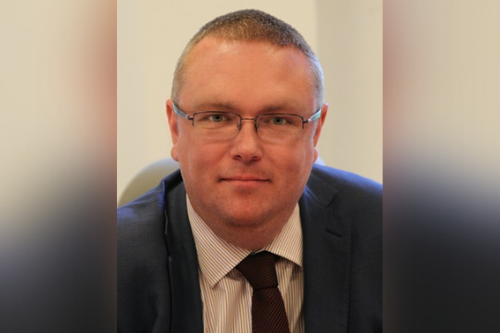

It’s not been much of a summer by general consensus. The proliferation of staycations has not been blessed with weather that could get you anywhere near believing you were somewhere that you would have preferred to be. Even the Daily Express has not managed many “London will be hotter than Rio” type stories. The gloom of lockdown has been reflected in the gloom outside.
But that would be to view it solely from the here and now. In the wider context of the challenges facing society, it has been an extraordinary season. Flash floods across the UK; the devastation in the Rhineland; wildfires in Greece; 40+° heatwaves in the Pacific North West. Your head would have to be firmly planted in the beach, to which you have not been allowed to go to, not to accept that the climate crisis is now very much upon us. And with COP26 looming this autumn in Glasgow, the world’s focus is on how we respond.
Since insurance is entwined in every level of economic activity, our industry will be at the forefront of that response. And, more specifically, insurance brokers will be pivotal in helping the world achieve its net zero ambitions by 2050. Just think about the many and varied ways in which our community can influence action.
We work with clients from the point where they begin to assess the risks faced by their business. More and more these risks will be climate related – and already insurance brokers lead the field in the ability to model that threat. We will then work with clients on ways to best mitigate these risks. That will involve building resilience and sustainability into operations and, only once that has been deployed as a solution, looking to insure the remaining risks – through policies that themselves – in negotiation between broker and underwriter – will need to become more climate aware.
But getting to net zero will not just be about adapting the way we do things today. It will also be about doing things quite differently and embracing new technologies. In our relationship-based industry, for instance, we know that international travel will not go away if we are to continue to develop business for our vibrant UK export sector. But how we travel will change. Already I have sat in on discussions about electronic ferries and electronic airliners. If these, as yet, relatively untested inventions are to come into commercial use in time for 2050, we will need to find innovative ways of insuring the inherent risks. After all, more and more these days, insurance is the study of sizeable amounts of historic performance data. We simply won’t have that here, but we need to find a way not to let that get in the path of progress.
Some clients will find the transition easier to navigate than others. We have a customer base that includes fossil fuel energy dependent businesses and, indeed, the producers of fossil fuel energy itself. We would not want to, nor would our regulators let us, leave these businesses behind. And, on a practical level, nor should anyone want us to. After all, who is more likely to be the biggest producers of sustainable energy in the future than the likes of Shell and BP. We need to play our part in helping them get there. So that will involve a structured insurance plan to support accredited approaches to achieve net zero in each of these businesses. A plan that sets milestones along the way to that achievement and rewards meeting those interim targets with better, cheaper insurance cover as the firms progress. At LIIBA, we are in discussions with our membership on how we develop the necessary market framework to support this approach. We hope to be able to talk more about this in the coming months.
Which brings us to another challenge for the wider economy – how we measure and track progress against those net zero ambitions. Insurance brokers will be at the heart of developing ways for clients to assess their carbon impact. And we will need to do the same ourselves in our firms. Already at LIIBA we are taking the first small steps on this path. The somewhat plastic heavy water cooler was taken away yesterday, and we are getting a new bin to help us be more disciplined on recycling all we can. Small steps that cumulatively, across society, should help us reduce our negative impact on the environment and return our weather to a stable footing where you can rely on an English summer to be cold, wet and windy. Oh, hold on…
